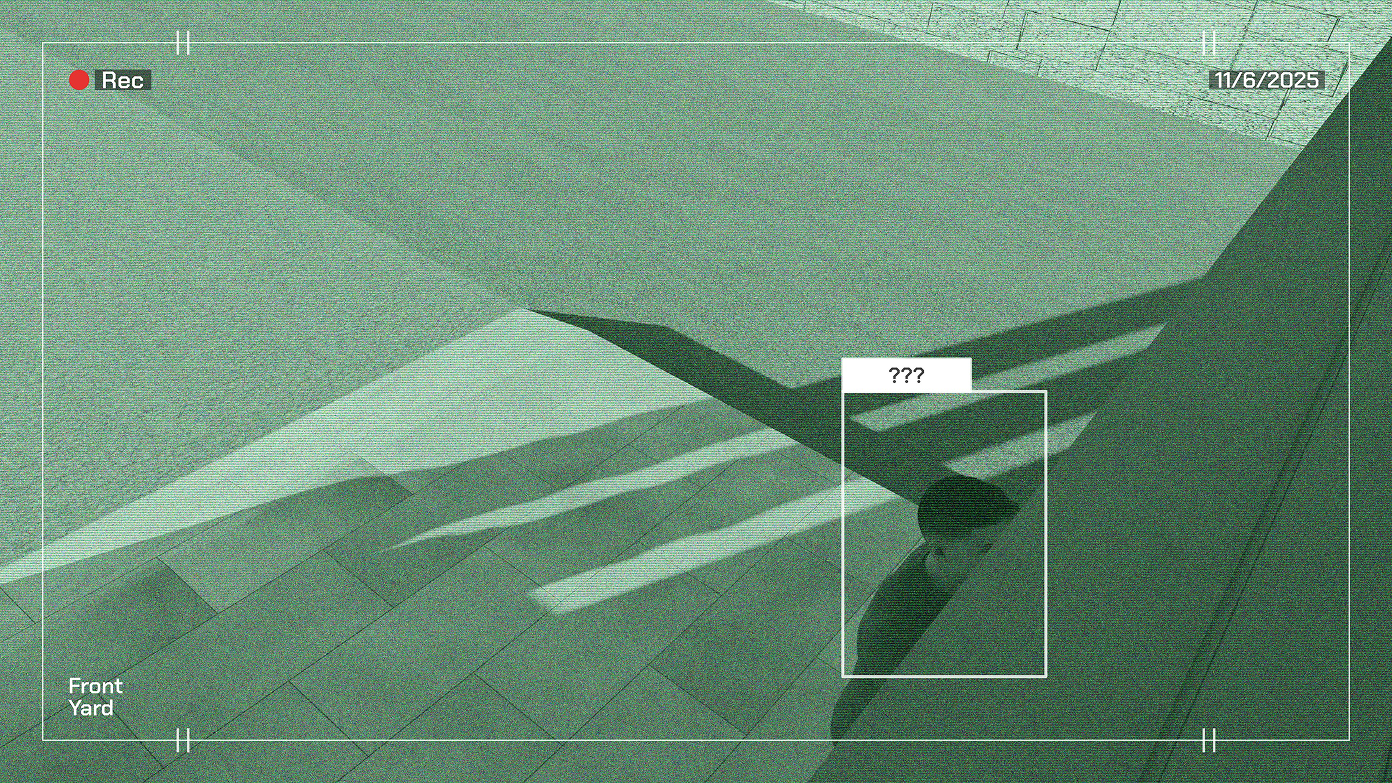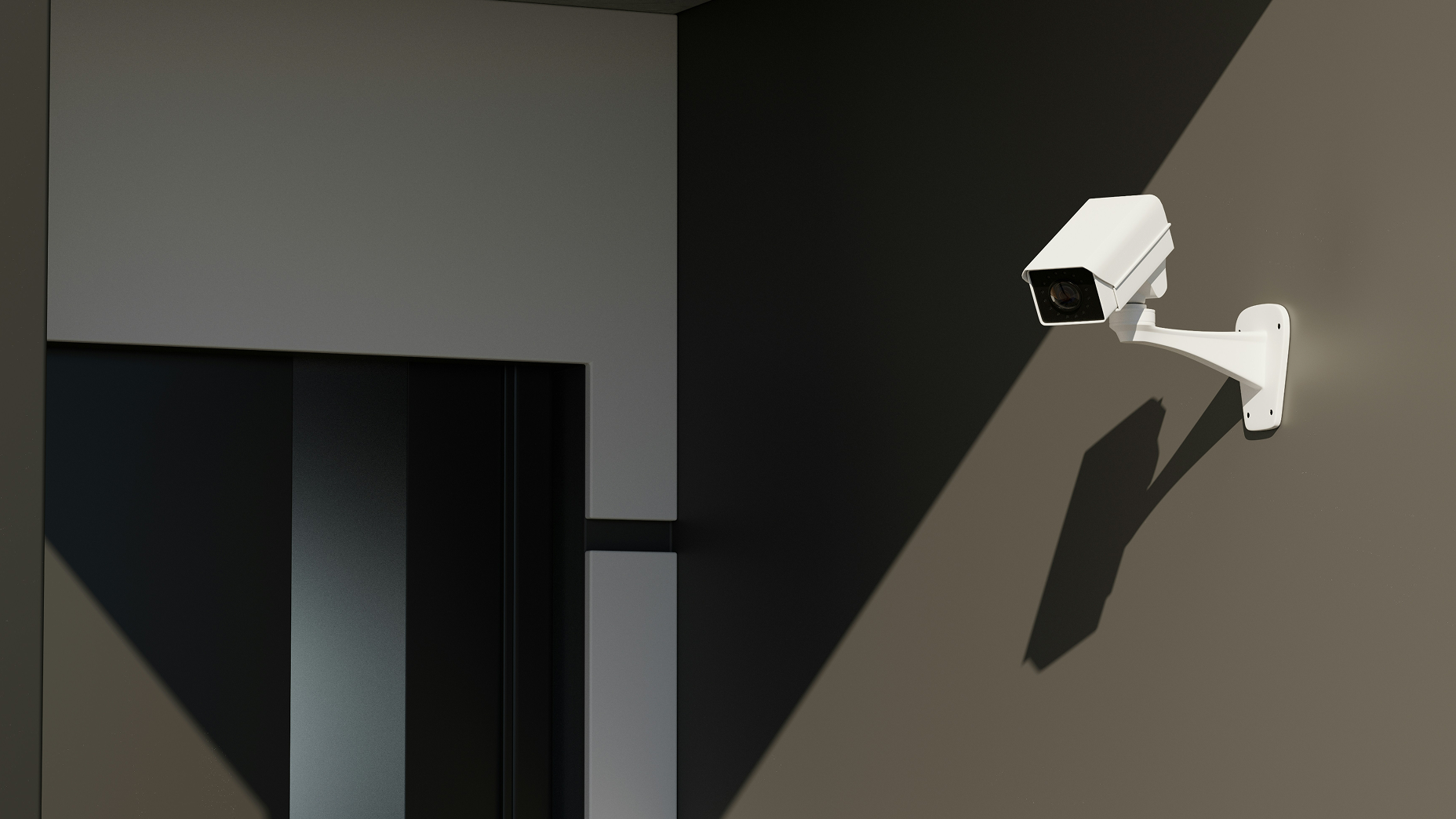In today’s surveillance and security landscape, one misstep in selecting camera systems can compromise not just operational integrity—but long-term compatibility, vendor support, and regulatory compliance. Although the National Defense Authorization Act (NDAA) is U.S. legislation, its implications extend far beyond American borders. For projects in Kuwait, particularly those involving international stakeholders, global platforms, or sensitive national infrastructure, NDAA compliance is becoming a critical factor in system design.
Whether you're building a commercial tower, hospital, industrial facility, or smart city hub, NDAA-compliant security hardware offers a path to legal clarity, future-proofing, and uninterrupted vendor support.

What Is NDAA Compliance?
The NDAA 2019 (Section 889) prohibits U.S. federal agencies and contractors from procuring or using telecommunications and surveillance equipment from vendors identified as national security risks. These include:
- Hikvision
- Dahua
- Huawei (including HiSilicon chipsets)
- ZTE
- Hytera
These restrictions apply to complete systems and components such as internal chipsets, firmware, and software libraries. In some cases, even rebranded or OEM products that contain parts from banned suppliers may violate compliance requirements.
Why It Matters for Projects in Kuwait
Kuwait’s evolving infrastructure landscape relies heavily on global integration—whether in cloud services, video management platforms, or international procurement consultants. For this reason, NDAA compliance has emerged as a foundational benchmark, especially in sectors involving:
- Smart buildings and commercial complexes
- Airports, seaports, and logistics infrastructure
- Government, defense, and civil ministries
- Energy, oil, and utility infrastructure
- Universities, healthcare networks, and tech campuses
Using non-compliant devices can jeopardize integration with global platforms, invalidate long-term warranties, and lead to costly replacements during audits or upgrades.
Integration Limitations with Major Platforms
Modern Video Management Systems (VMS) like Milestone XProtect increasingly prioritize compatibility with NDAA-compliant devices. As noted in professional installer forums, Milestone systems are documented to fully support NDAA-compliant cameras such as Milesight, while distancing from non-compliant devices using Huawei HiSilicon chipsets or banned firmware. (Source: IPCamTalk Forum)
This shift reflects Milestone’s commitment to secure, open-platform standards. Deploying non-compliant cameras—even if functional today—risks future incompatibility as platform updates remove support or block firmware integration.
Broader Technology Bans Affecting Surveillance
The U.S.–China tech divide has already disrupted several classes of technology. This extends beyond CCTV and affects mobile apps, firmware delivery, and third-party integrations. Notable restrictions include:
- Loss of Android OS and Google Services on Huawei devices
- Export restrictions on HiSilicon chipsets (widely used in low-cost surveillance)
- Cloud storage bans affecting certain Chinese surveillance vendors
- Security vulnerabilities in USB firmware and network controllers
- Reduced global support for devices lacking traceable supply chains
For systems relying on analytics, mobile control, or cloud integration, these limitations present serious long-term risks.
How to Future-Proof Your Surveillance System
To ensure that your installation remains secure, supported, and compliant throughout its lifecycle, follow these best practices:
1. Choose NDAA-Compliant Manufacturers
Stick with trusted vendors that openly guarantee NDAA compliance, including such as Axis, and Ajax.
2. Verify ONVIF Compatibility
Ensure your devices support ONVIF Profiles S, T, G, and M to allow seamless integration across VMS platforms, analytics tools, and cloud environments.
3. Demand Hardware Transparency
Always request full documentation showing chipset origin, firmware lineage, and NDAA status. Avoid white-labeled products that obscure internal components.
These steps will help avoid painful surprises later, especially when scaling your system or integrating new technologies.
The Reason Behind These Restrictions
NDAA-related bans stem from long-standing national security concerns. U.S. intelligence officials raised alarms over the potential misuse of surveillance systems by foreign governments or state-linked companies. In response, a multi-agency approach was adopted:
- NDAA Section 889 (2019) bans specific vendors from federal use
- FCC Covered List (2021) formalizes national security risks
- FCC Authorization Ban (2022) blocks new equipment imports
- Commerce Department Entity List prevents U.S. firms from supplying parts to banned manufacturers
The intent is clear: eliminate backdoors, secure the supply chain, and preserve data sovereignty.
Conclusion: Compliance Is No Longer Optional
Whether you're working on a high-rise office tower, a hospital campus, a logistics hub, or a national infrastructure project, NDAA compliance should be embedded in your specifications. It’s a strategic choice that safeguards the investment, ensures international compatibility, and minimizes legal or operational risk.
Ask yourself early in the process:
“Will this system still be supported and secure three years from now?”
If the answer depends on banned firmware or uncertain vendors, it’s time to rethink the design.
Aspire Security: Compliance-Ready Surveillance Solutions for Kuwait
At Aspire Security, we specialize in NDAA-compliant surveillance solutions engineered for Kuwait’s demanding climate. We help clients across sectors navigate vendor selection, VMS integration, and hardware compliance with confidence.
From concept to commissioning, we ensure your CCTV system is ready for the future—secure, scalable, and audit-ready.
Need support reviewing your current system or designing a compliant installation? Contact Aspire today.
Suggested SEO Keywords: NDAA compliant CCTV Kuwait, NDAA Section 889 cameras, Milestone NDAA camera support, Huawei HiSilicon chip ban, banned CCTV Kuwait, future-proof surveillance Kuwait, ONVIF cameras for Milestone, secure VMS integration Kuwait, Hikvision Dahua alternatives Kuwait

.png)







